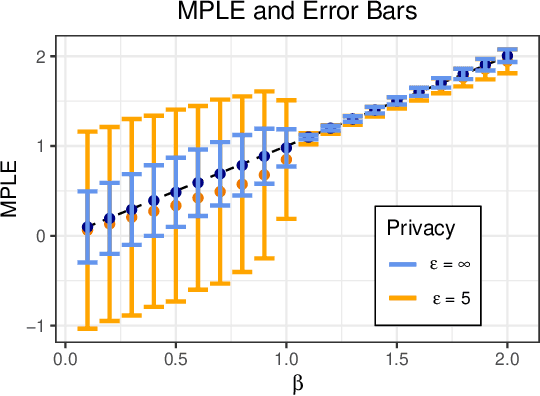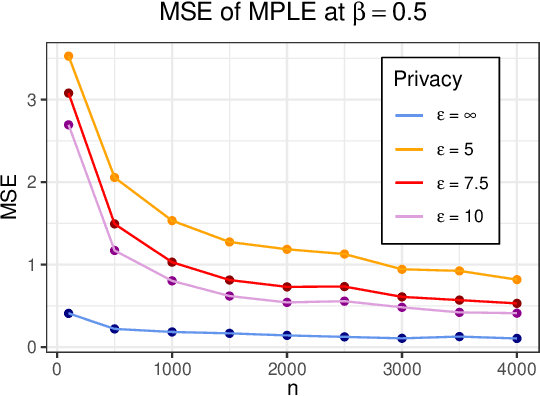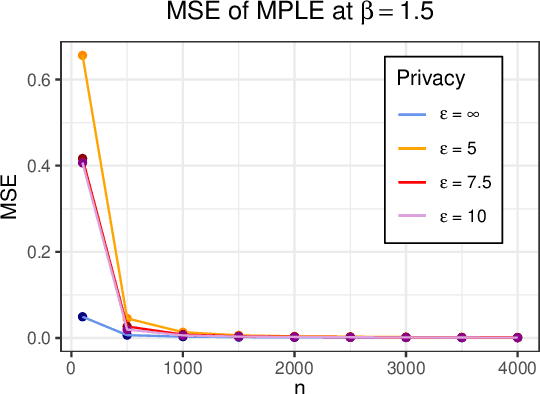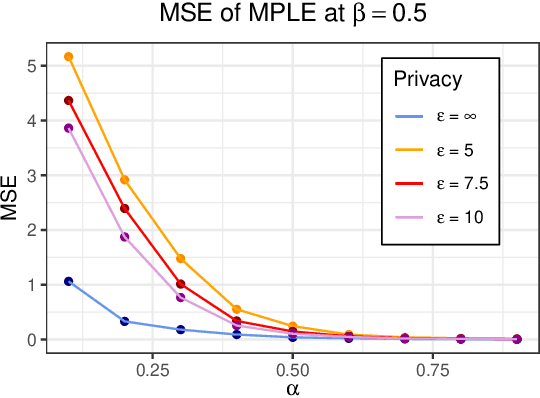Abhinandan Dalal
Anytime-Valid Inference for Double/Debiased Machine Learning of Causal Parameters
Aug 18, 2024Abstract:Double (debiased) machine learning (DML) has seen widespread use in recent years for learning causal/structural parameters, in part due to its flexibility and adaptability to high-dimensional nuisance functions as well as its ability to avoid bias from regularization or overfitting. However, the classic double-debiased framework is only valid asymptotically for a predetermined sample size, thus lacking the flexibility of collecting more data if sharper inference is needed, or stopping data collection early if useful inferences can be made earlier than expected. This can be of particular concern in large scale experimental studies with huge financial costs or human lives at stake, as well as in observational studies where the length of confidence of intervals do not shrink to zero even with increasing sample size due to partial identifiability of a structural parameter. In this paper, we present time-uniform counterparts to the asymptotic DML results, enabling valid inference and confidence intervals for structural parameters to be constructed at any arbitrary (possibly data-dependent) stopping time. We provide conditions which are only slightly stronger than the standard DML conditions, but offer the stronger guarantee for anytime-valid inference. This facilitates the transformation of any existing DML method to provide anytime-valid guarantees with minimal modifications, making it highly adaptable and easy to use. We illustrate our procedure using two instances: a) local average treatment effect in online experiments with non-compliance, and b) partial identification of average treatment effect in observational studies with potential unmeasured confounding.
PrIsing: Privacy-Preserving Peer Effect Estimation via Ising Model
Jan 29, 2024



Abstract:The Ising model, originally developed as a spin-glass model for ferromagnetic elements, has gained popularity as a network-based model for capturing dependencies in agents' outputs. Its increasing adoption in healthcare and the social sciences has raised privacy concerns regarding the confidentiality of agents' responses. In this paper, we present a novel $(\varepsilon,\delta)$-differentially private algorithm specifically designed to protect the privacy of individual agents' outcomes. Our algorithm allows for precise estimation of the natural parameter using a single network through an objective perturbation technique. Furthermore, we establish regret bounds for this algorithm and assess its performance on synthetic datasets and two real-world networks: one involving HIV status in a social network and the other concerning the political leaning of online blogs.
Accelerography: Feasibility of Gesture Typing using Accelerometer
Mar 29, 2020



Abstract:In this paper, we aim to look into the feasibility of constructing alphabets using gestures. The main idea is to construct gestures, that are easy to remember, not cumbersome to reproduce and easily identifiable. We construct gestures for the entire English alphabet and provide an algorithm to identify the gestures, even when they are constructed continuously. We tackle the problem statistically, taking into account the problem of randomness in the hand movement gestures of users, and achieve an average accuracy of 97.33% with the entire English alphabet.
 Add to Chrome
Add to Chrome Add to Firefox
Add to Firefox Add to Edge
Add to Edge